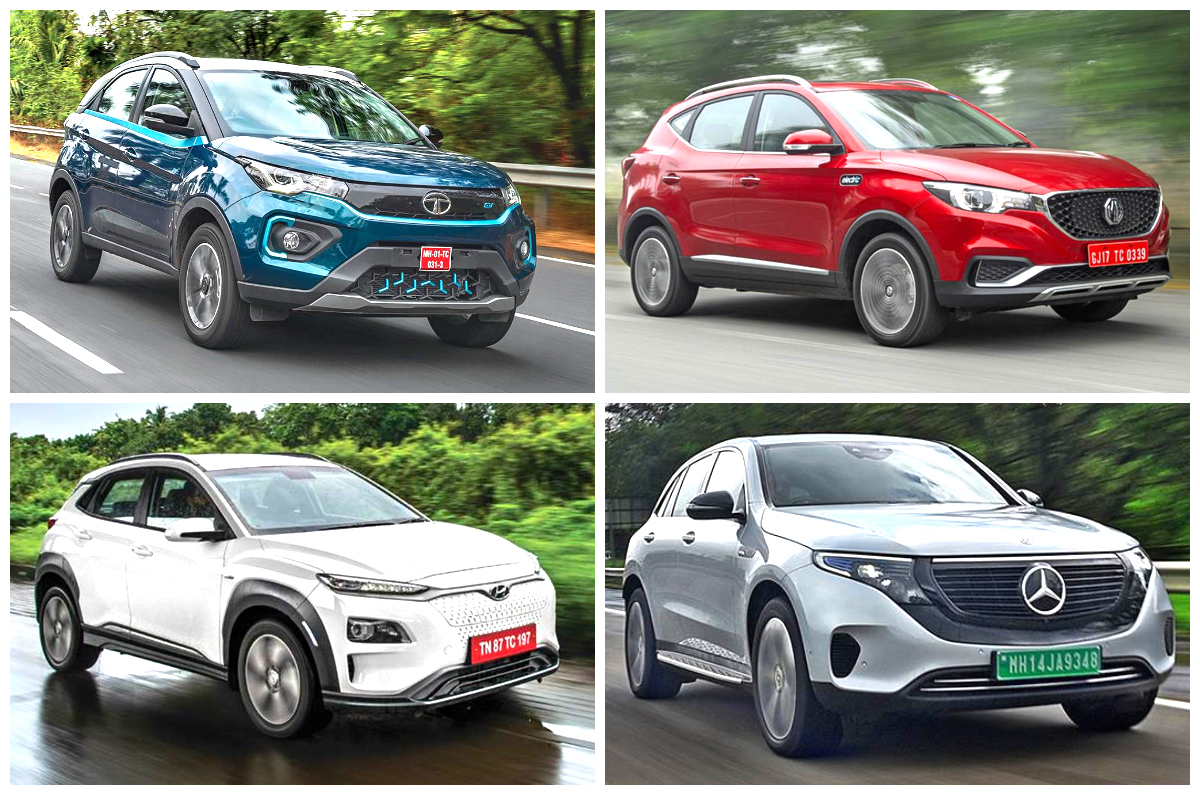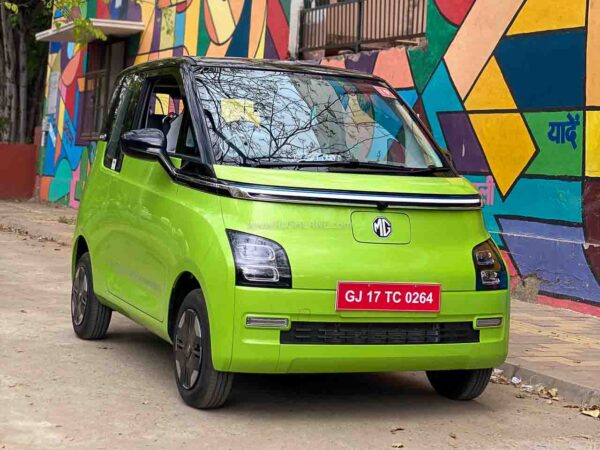
Electric cars, also known as electric vehicles (EVs), have gained significant attention and momentum in recent years as a promising solution to reduce carbon emissions, combat climate change, and transition to cleaner transportation alternatives. Below is a brief discussion on electric cars covering their benefits, challenges, and future outlook:
Benefits of Electric Cars:

- Environmental Impact: Electric cars produce zero tailpipe emissions, reducing air pollution and greenhouse gas emissions, which are major contributors to climate change.
- Energy Efficiency: Electric motors are more efficient than internal combustion engines, resulting in higher energy efficiency and lower energy consumption per mile.
- Cost Savings: Over time, electric cars can offer lower operating costs due to cheaper electricity compared to gasoline or diesel, reduced maintenance needs (fewer moving parts), and potential incentives or tax credits for EV owners.
- Quiet and Smooth Operation: Electric vehicles are known for their quiet and smooth operation, providing a comfortable driving experience.
- Technological Advancements: EVs are at the forefront of technological innovations, including advancements in battery technology, autonomous driving capabilities, and connectivity features.

Challenges and Considerations:
- Range Anxiety: Limited driving range and availability of charging infrastructure remain concerns for some potential EV buyers, although newer models with longer ranges and expanding charging networks are addressing these challenges.
- Charging Infrastructure: The development of a robust and accessible charging infrastructure is critical for widespread EV adoption. Efforts are underway globally to expand public charging stations and promote home charging solutions.
- Battery Technology: While battery technology has improved significantly, challenges such as cost, energy density, and recycling need further advancements to make EVs more affordable and sustainable.
- Supply Chain and Materials: The production of EVs relies on critical materials like lithium, cobalt, and rare earth elements, raising concerns about sustainable sourcing, supply chain resilience, and environmental impacts of mining and processing these materials.
- Consumer Awareness: Educating consumers about the benefits, capabilities, and cost considerations of electric cars is essential for increasing adoption rates and dispelling myths or misconceptions.

Future Outlook:
The future of electric cars looks promising as automakers, governments, and stakeholders invest heavily in EV development, infrastructure, and policy support. Key trends and developments shaping the future of electric cars include:
- Increased Model Availability: Automakers are expanding their EV portfolios with a wide range of models across different vehicle segments, offering consumers more choices and competitive pricing.
- Advancements in Battery Technology: Ongoing research and development efforts are focused on improving battery performance, reducing costs, and enhancing sustainability through recycling and alternative materials.
- Policy Support: Governments worldwide are implementing policies and incentives to accelerate EV adoption, including subsidies, tax credits, emission regulations, and investments in charging infrastructure.
- Collaborations and Partnerships: Collaboration among automakers, technology companies, utilities, and governments is driving innovation, standardization, and ecosystem development for EVs.
- Integration with Renewable Energy: The integration of EVs with renewable energy sources such as solar and wind power is creating synergies for a greener and more sustainable transportation system.




